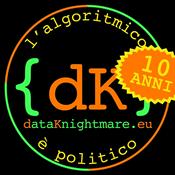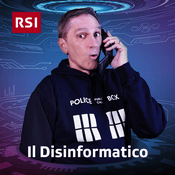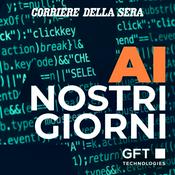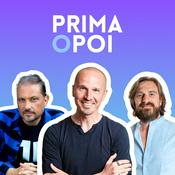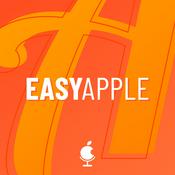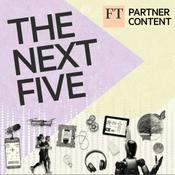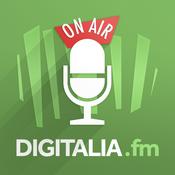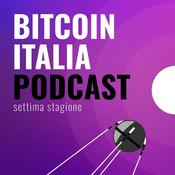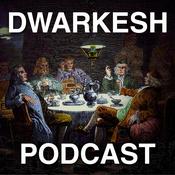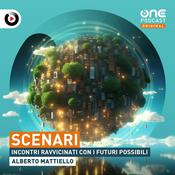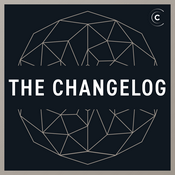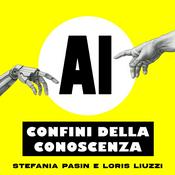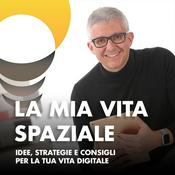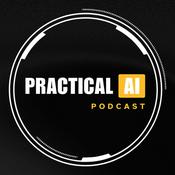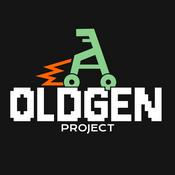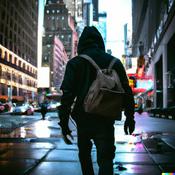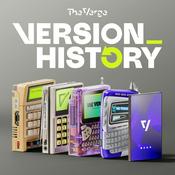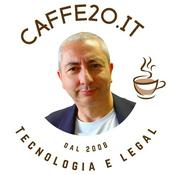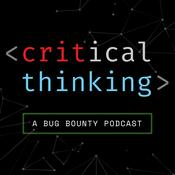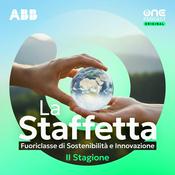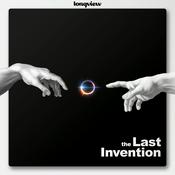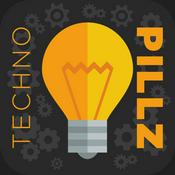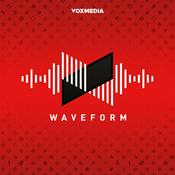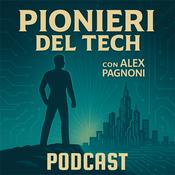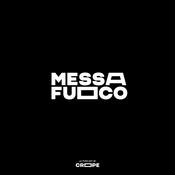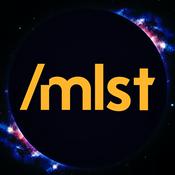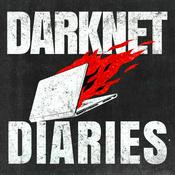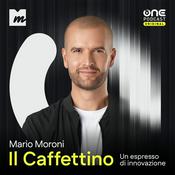Episodi disponibili
5 risultati 84
- 84 // RetrospectiveMark and Adam take a look back at three years of podcasts to reflect on their favorite episodes—and the friends they made along the way. They discus Metamuse’s origin story, walk through the production process, and wax nostalgic on some of their favorite episodes. Plus: a look at what the future holds for our hosts and the podcast. Discuss this episode in the Muse community Follow @MuseAppHQ on Twitter Show notes NPR The future of iPad Ferrite Hello Internet, Gastropod, Lexicon Valley This American Life, Gimlet Media Most downloaded episodes: Computers and creativity with Molly Mielke, Sync, Growing ideas with Andy Matuschak Mark’s favorite episodes: Local-first software with Martin Kleppmann, Local-first one year later, Hiring, Cities with Devon Zuegel Adam’s honorable mentions: Progress with Jason Crawford, Rich text with Slim Lim Metamuse podcast guest handbook lossless audio Riverside Audio editor Mark Lamorgese Post-producer Jenna Miller Podcasting Microphones Mega-Review XLR microphone pro sound dampening material RØDE Podcaster Pop filter, plosives John Michael Greer--------1:21:59
- 83 // End and beginningBittersweet news is the topic of this episode. Adam Wulf and Adam Wiggins discuss the end of an era for Muse, leadership transitions, and what the future holds for Muse 3.0 and beyond. Discuss this episode in the Muse community Follow @MuseAppHQ on Twitter Show notes An end, and a beginning Ink & Switch Adam Wulf Loose Leaf Here, File File prosumer Industrial research with Peter van Hardenberg Netlify proxy, Webflow, Hugo Managing Transitions: Making the Most of Change--------1:00:47
- 82 // Spatial computing with Yiliu Shen-BurkeIs virtual reality useful for productivity software? Yiliu is the founder of Softspace, a VR/AR tool for thought. He joins Mark and Adam to discuss the human brain and body as inherently spatial systems; the question of whether information is fundamentally 2D; and why social comfort is the biggest challenge facing VR today. Plus: how to avoid a dystopian future. Discuss this episode in the Muse community Follow @MuseAppHQ on Twitter Show notes Yiliu Shen-Burke @softspaceninja Softspace Wim Hof breathing method Studio Olafur Eliasson The Brain Maps Out Ideas and Memories Like Spaces Oculus Oculus development kit heads-up display Scott Greenwald’s Media Lab thesis Beat Saber A Beautiful Mind Softspace demo force-directed graph Steven Johnson on DevonThink Google Glass, Magic Leap, Vision Pro Supernatural vergence history of VR PlaneVR: Social Acceptability of Virtual Reality for Aeroplane Passengers--------1:35:39
- 81 // Evergreen notes with Stephan AngoQuotes from famous people or books can turn a feeling or a concept into a memorable chunk of text—how can we do the same for our own ideas? Stephan is the CEO of Obsidian, and he joins Mark and Adam to discuss notes as personal memes, the balance between freedom and cohesion in plugins, and why it's so hard to be messy in digital tools. Plus: why “tools for thought” rubs Stephan the wrong way. Discuss this episode in the Muse community Follow @MuseAppHQ on Twitter Show notes Stephan Ango @kepano @[email protected] Obsidian Pillowy Swedish cinnamon rolls using the tangzhong technique Lumi Erica Xu, Shida Li Growing ideas with Andy Matuschak Evergreen notes turn ideas into objects that you can manipulate Apple Notes, Apple Journal Zettelkasten stream-of-consciousness writing plugin Obsidian developer docs Launchers with Thomas Paul Mann Infinite canvases with Steve Ruiz Obsidian Canvas Excalidraw, ExcaliBrain .canvas format--------1:18:10
- 80 // PlanningPlanning might have a reputation for being boring, but Adam and Mark believe it can be one of the most exciting moments in your team’s work. They discuss the importance of inspiration and collective knowledge; the musical rhythm of planning cycles; and how to “draw the line” when prioritizing. Plus: the importance of revisiting the plan in times of doubt. Discuss this episode in the Muse community Follow @MuseAppHQ on Twitter Show notes Muse for Teams beta announcement Against boring planning agile methodology ticket trackers Gantt charts, burndown charts Pivotal Tracker kanban board Jesper Jørgensen V2MOM, OKRs effort to impact chart Leadership Lessons from Dancing Guy Amazon’s “working backwards” approach go slow to go fast Zoom fatigue shared knowledge vs common knowledge--------1:10:47
Altri podcast di Tecnologia
Podcast di tendenza in Tecnologia
Su Metamuse
Tools for thought, product design, and how to have good ideas.
Sito web del podcastAscolta Metamuse, DataKnightmare: L'algoritmico è politico e molti altri podcast da tutto il mondo con l’applicazione di radio.it
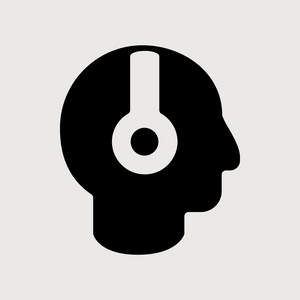
Scarica l'app gratuita radio.it
- Salva le radio e i podcast favoriti
- Streaming via Wi-Fi o Bluetooth
- Supporta Carplay & Android Auto
- Molte altre funzioni dell'app
Scarica l'app gratuita radio.it
- Salva le radio e i podcast favoriti
- Streaming via Wi-Fi o Bluetooth
- Supporta Carplay & Android Auto
- Molte altre funzioni dell'app


Metamuse
Scansione il codice,
scarica l'app,
ascolta.
scarica l'app,
ascolta.
